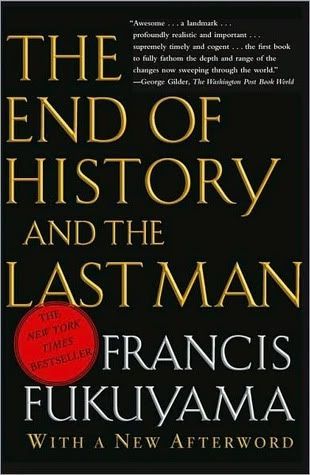I think there are exists two broad ways of tackling life in the middle class consciousness. Both are geared towards consumption, but both go about achieving it differently. The first and more traditional way is associated with the 'Protestant ethic' and involves delaying consumption. It looks at the economic rewards of doing so, namely interest earned by money saved or invested and, more importantly, the accumulated material wealth that can be enjoyed without worry after retirement.
The second way seeks instant or near-instant gratification through consumption. This younger and more hedonistic approach stands in opposition towards the older way, seeking to rebuff the latter's firm demeanour and re-evaluating life as something that is lived moment-by-moment and not (entirely) towards some final end.
Those who subscribe to the first approach disapprove of the other's foolish and unrestrained ways, while those who subscribe to the second approach regard the former in return as boring and straitlaced people who do not know how to live.
As I am more familiar with the first approach, having been brought up in a household that subscribes to the Protestant ethic, it forms the locus of the following thoughts.
Those who prefer the hedonistic lifestyle are absolutely correct. Although the general pre-eminence of a 'Protestant ethic', as described by Weber, is questionable, it exists at least in a hyperreal sense as a kind of personal ideology to some. The Protestant character of the ethic stems from what Nietzsche derided as a preoccupation with the afterlife, whereby one spends one's life in preparation for an eternal life that is to come—a teleology of death, so to speak. In a similar sense, some would focus a large part of their earthly efforts on preparing for the future, namely for the time of retirement, when one is no longer as capable of hard work.
Little or nothing else matters beside this goal. Little else is of value. All their lives they look for that elusive final happiness. When their plans have finally come to fruition in this life, when they can show off their hard-earned wealth and berate other people, they may seem to be a picture of success. But a life of misery may well belie that exterior.
Perhaps they are just incredibly patient people who are always contented along the way. But it seems more likely that they are simply unhappy people. It's no surprise—a teleology of death tends not to bring life to its believers.






